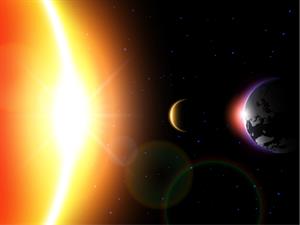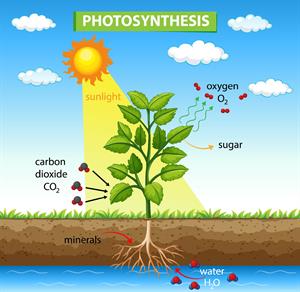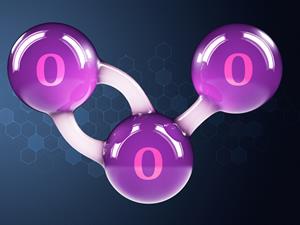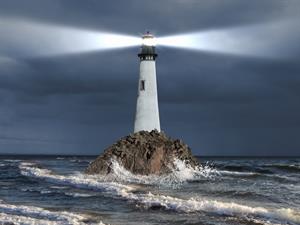
PUMPA - SMART LEARNING
எங்கள் ஆசிரியர்களுடன் 1-ஆன்-1 ஆலோசனை நேரத்தைப் பெறுங்கள். டாப்பர் ஆவதற்கு நாங்கள் பயிற்சி அளிப்போம்
Book Free DemoWhat happens if the light goes out? All human activities will be adversely affected, and we will be unable to feed ourselves. Is that correct? Yes.
Let us see the reason for this now:

The branch of chemistry that deals with chemical reactions involving light is known as photochemistry.
Example:
1. 

Sunlight is important not only for humans but also for plants. Photosynthesis (photo means light and synthesis means production), as you might know, is a mechanism in which plants use light energy from the sun to produce starch from carbon dioxide and water.
The chemical reactions between carbon dioxide, water, and sunlight are used by the plants, which eventually results in the development of starch. Photochemical reactions are chemical reactions that are triggered by light.
2. 

The ozone layer in the earth's stratosphere is formed by the photochemical dissociation of molecular oxygen into oxygen atoms.
3. Photochemical processes are used in everyday activities such as xerography (Xerox), photography, videos etc. In contrast, UV rays are used in complicated activities such as manufacturing of semiconductor chip and newspaper printing.
4. The chemical \(7\) -dehydrocholesterol is produced after exposure to sunlight and is necessary for bone, tooth production, kidney function, and skin growth.

We can now conclude from the above reaction that certain chemical reactions take place only in the presence of light.
Reference:
https://www.vecteezy.com/free-vector/photosynthesis">Photosynthesis Vectors by Vecteezy</a>